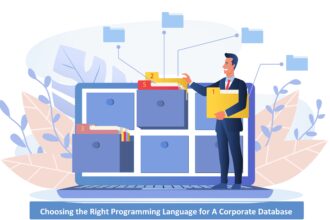With four weeks to go in the 2011 Major League Baseball season, the probability of the Boston Red Sox of making the playoffs was 99.6%. And most of us know the story; in one of the biggest collapses in baseball history, the Red Sox tanked a nine game lead and served the wild card slot to the Tampa Bay Rays. In creating “one for the record books”, the 2011 Red Sox show us that the human factor continually confounds probability models.
With four weeks to go in the 2011 Major League Baseball season, the probability of the Boston Red Sox of making the playoffs was 99.6%. And most of us know the story; in one of the biggest collapses in baseball history, the Red Sox tanked a nine game lead and served the wild card slot to the Tampa Bay Rays. In creating “one for the record books”, the 2011 Red Sox show us that the human factor continually confounds probability models.
Some things aren’t supposed to happen. The 2011 Boston Red Sox certainly should not have missed the playoffs with a nine game lead, and the 1995 Anaheim Angels should not have finished their year 12-26 (losing a nine game lead and missing the playoffs). Moreover, probability models said the stock market (DJIA) should not have lost 54% of its value in the 2008 “Great Recession”.
There’s definitely a danger in too much reliance on normal distribution probability models, especially when humans are concerned says Financial Times writer John Authers.
Studying the 2011 Boston Red Sox, Authers suggests the team may have been overconfident in statistics since few teams in baseball history had collapsed with such a lead.
Authers also believes bell curve probabilistic models would not have been a reliable indicator of possible failure because such models assume event independence where one event should not affect another. But those who follow sports understand the concept of “momentum in a game”, or even from game-to-game where a team can feed off past success to gain confidence.
In reference to the 2008 market crash, Steven Solmonson, head of Park Place Capital Ltd said; “Not in a million years would we have expected this gyration to be as vicious and enduring as it has been.” And I’m sure that Boston Red Sox fans didn’t believe their team could lose a significant lead over the Tampa Bay Rays with just a few games left in the season.
Whenever humans are involved, the lesson is clear: don’t get over confident in normal distribution probability models. Next thing you know, you might get slapped (or worse) by the fat tail.







